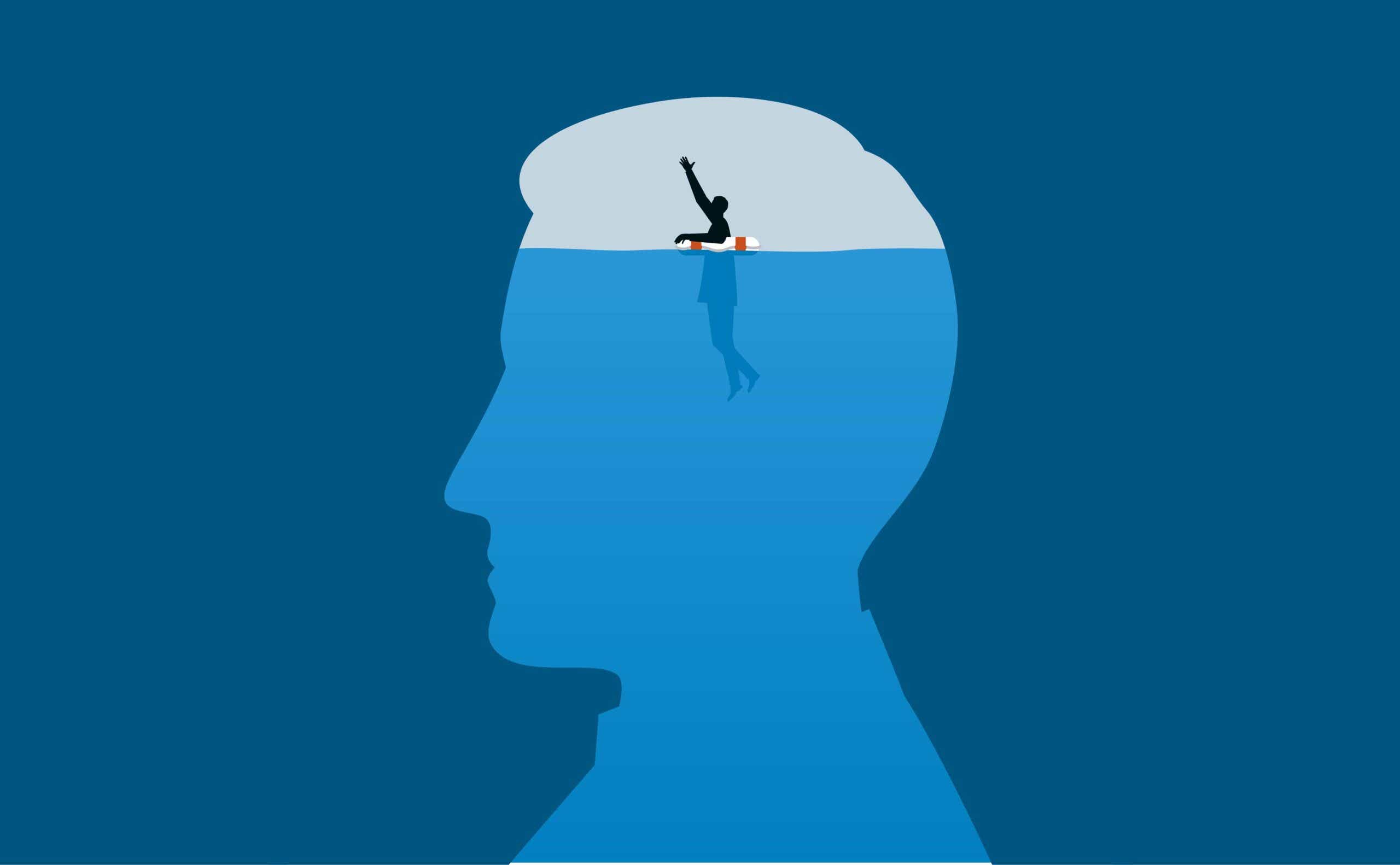We don’t need to tell you that daily stress is a fact of life. From professional strife to family conflict, we all have to manage a certain amount of dread and anxiety as we move through the world. This everyday friction often feels like an endless battle, and may significantly exacerbate life experiences like menopause or different aspects of wellness, like heart health. But hearing dismal facts about how stress shapes your life and future doesn’t do much to soothe all that turmoil.
Luckily, there’s some proof that this pressure and tension might fade as years (and decades) pass. According to a recent study published in Developmental Psychology, the volume of daily stressors — and people’s reactivity to these stressors — decreases with age. David Almeida, a professor of human development and family studies at Penn State who led the study, said that we may mellow out because of “the types of social roles that we fill as we age. As younger people, we may be juggling more, including jobs, families, and homes, all of which create instances of daily stress. But as we age, our social roles and motivations change. Older people talk about wanting to maximize and enjoy the time they have.”
To complete the study, the research team used data from the ongoing National Study of Daily Experiences — a study led by Almeida that has collected a ton of information about daily life. Seriously: They’ve collected data from over 40,000 days in the lives of more than 3,000 adults across a 20-year time span, starting in 1995. Subjects were ages 25 to 74 when the study started, so researchers have been able to witness how people change in real time.
According to the data, younger respondents do seem far more overwhelmed. Twenty-five-year-olds reported stressors on about 50 percent of days; in contrast, 70-year-olds reported stressors on only 30 percent of days. Plus, older participants seemed to feel less bothered by everyday challenges — likely because they’ve developed some helpful self-soothing strategies that panicked 25-year-olds typically lack.
There’s a catch to this positive news, though. Respondents reported the lowest amount of stress around their mid-50s but that there was a slight uptick in stress as people hit their late 60s and early 70s — which is understandable since health concerns pop up around this time. But apparently, that experience is still less taxing than being 25 years old, when everything feels more intense.
If you’re approaching or experiencing mid-life, you won’t eliminate stress (though we would love to live in that reality) but a bad day might not feel like the end of the world. But when you experience those moments that do feel apocalyptic (hey, they’re inevitable) we suggest reviewing practical mindfulness tips and pointers for getting good sleep in times of discord.









